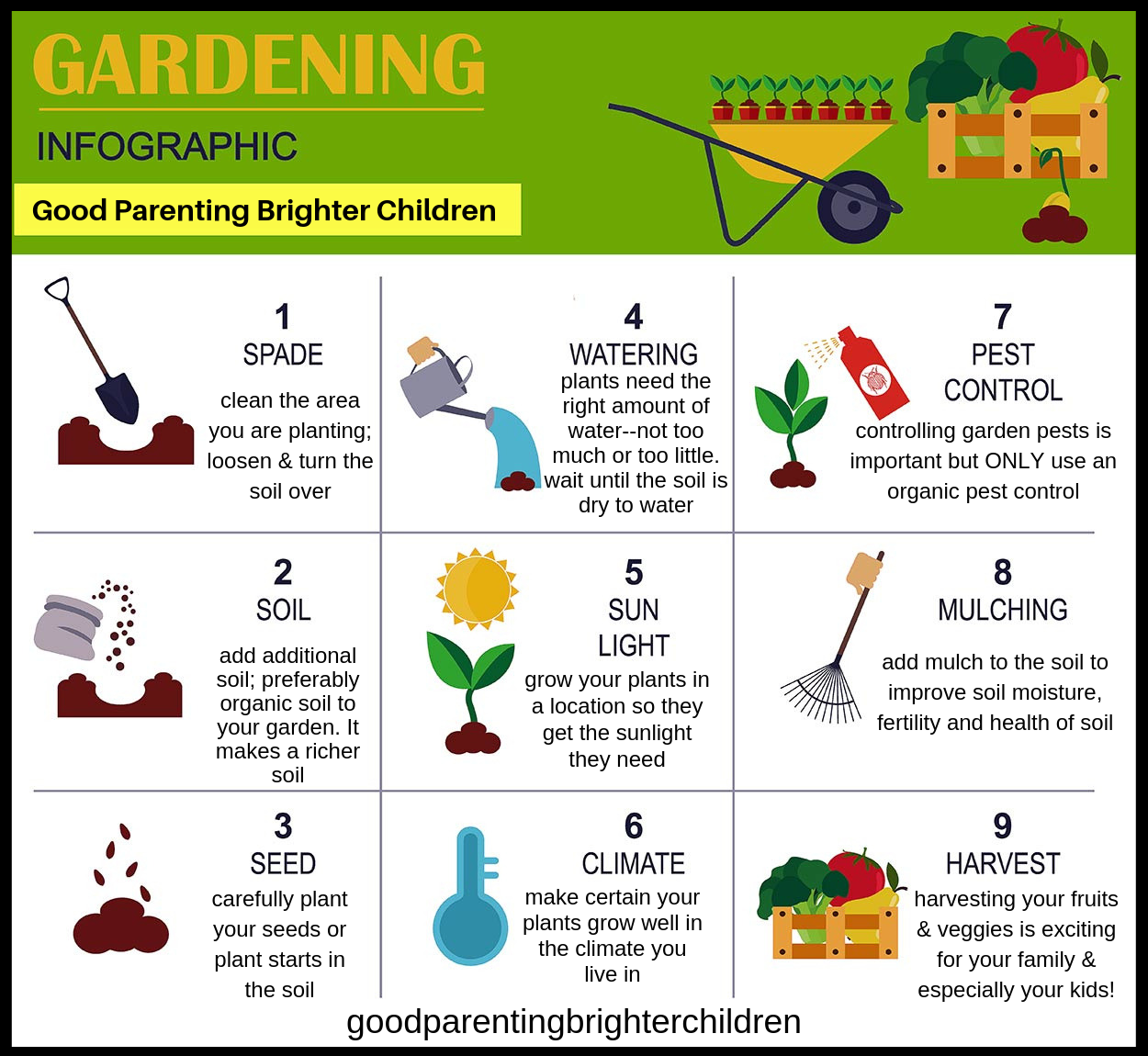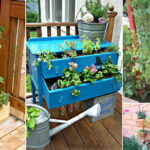Gardening is not merely a hobby; it is a profound connection between humans and the intricacies of nature. Understanding the optimal times to engage in this practice can lead to a flourishing garden, brimming with vitality. This discussion will delve into the best time of day to garden, while offering strategic tips for optimal plant care. The nuances inherent in gardening extend beyond mere preferences; they reveal the profound relationship between humans and their environment, highlighting how timing can significantly impact plant health and productivity.
When contemplating the ideal time to garden, several factors must be considered, including plant biology, environmental conditions, and the physiological state of the gardener. The time of day not only affects the practices of planting, weeding, and harvesting but also influences the microclimate in which plants reside.
Understanding these facets can transform one’s gardening approach from mundane to meticulously curated, leading to heightened success in cultivating plants.
Early Morning: The Prelude to Plant Enthusiasm
The early morning hours embody the intersection of tranquility and rejuvenation for both plants and gardeners. The sun’s initial rays, typically around sunrise, offer the ideal environment for various gardening activities. During this time, several advantageous conditions manifest.
Firstly, temperatures are generally cooler. Cooler temperatures prevent soil from overheating, which can otherwise diminish moisture levels. Morning dews provide essential hydration, which is particularly critical for young or newly transplanted plants. Engaging in activities such as watering and fertilizer application can be more effective when carried out in the morning, as this coincides with lower evaporation rates.
Moreover, many pests are less active during these serene hours. This absence allows gardeners to engage in weeding and planting without the immediate threat of disturbance. Additionally, the serene atmosphere enhances focus and reduces fatigue, fostering a productive mindset coupled with a connection to nature. This early morning routine not only nurtures plants but also promotes a sense of well-being in the gardener.
Strategies for Early Morning Gardening
To optimize early morning gardening activities, consider the following:
- Start your gardening activities shortly after sunrise to maximize cool temperatures.
- Maintain a hydration schedule for yourself; gardening, even in cool conditions, can be dehydrating.
- Observations regarding insect activity should be made; utilize this time to monitor for signs of pests or plant diseases.
Incorporating these habits can enhance both the health of the plants and the enjoyment of the gardening experience.
The Overhead Sun: Midday Challenges and Solutions
As the sun arches high in the sky, the midday hours present unique challenges for gardeners. The intensity of sunlight, coupled with elevated temperatures, can cause stress to both plants and gardeners alike. During this period, the risks of sunscald and dehydration become significantly pronounced. Nevertheless, midday can also serve as an opportunity for certain gardening practices.
Pruning and care tasks that do not require prolonged exposure to direct sunlight can be performed during these hours. For instance, checking for dead or diseased foliage can effectively mitigate disease spread without exposing the gardener to excessive heat.
Moreover, utilizing midday for tasks that are inherently less strenuous or for organizing garden tools and materials can provide a reprieve while ensuring productivity. The utilization of shade structures or portable canopies to shield oneself from direct sunlight can facilitate a more comfortable working environment during these intense hours.
Strategies for Midday Gardening
Gardeners may consider implementing the following strategies:
- Limit strenuous activities in the garden to early morning or late evening hours.
- Utilize shade cloths to protect both plants and gardeners from harsh sunlight.
- Engage in light organizational tasks, allowing for necessary maintenance while safeguarding health.
This approach lays the foundation for a sustainable gardening practice whereby challenges are met with resilience and knowledge.
Evening: Reflective Restoration and Growing Vigilance
The cooler, softer light of the evening can evoke a sense of restoration for both the gardener and the plants. The onset of dusk often signals a respite from the intense conditions experienced throughout the day. Evening gardening can prove extraordinarily beneficial for a variety of tasks.
This time of day is ideal for watering, particularly if a gardener aims to minimize evaporation and maximize root absorption. Additionally, the reduced light allows for more accurate observations of plant health, where any anomalies such as wilting or discoloration become more evident.
Furthermore, the evening hours present an opportunity for pest monitoring. As nocturnal insects emerge, vigilance becomes crucial. Gardeners can prepare for the dawn by addressing any issues detected during these nightly explorations. The intimate connection formed during evening rituals encourages a reflective mindset, enhancing one’s understanding of the garden’s dynamics.
Strategies for Evening Gardening
Adopting practices during the evening can further bolster gardening efficacy:
- Water plants in the evening to optimize moisture retention overnight.
- Conduct observational rounds, focusing on pest activity and plant health.
- Correct any placements or add mulch to retain moisture as temperatures drop.
Engaging with the garden during these reflective hours cultivates a deeper connection and understanding of the intricate ecosystems at play.
In conclusion, the optimal time of day to garden is influenced by numerous factors, including personal preference, plant needs, and environmental conditions. Morning, midday, and evening each offer distinct advantages and challenges for those seeking to cultivate a thriving garden.
By aligning gardening practices with these time frames, individuals can enhance their approach to plant care significantly. As curiosity peaks and understanding deepens, each moment spent in the garden transforms into a sanctuary for reflection, learning, and growth. Thus, cultivating a garden not only draws forth the beauty of the natural world but also fosters resilience, patience, and a profound connection to life itself.









Leave a Comment